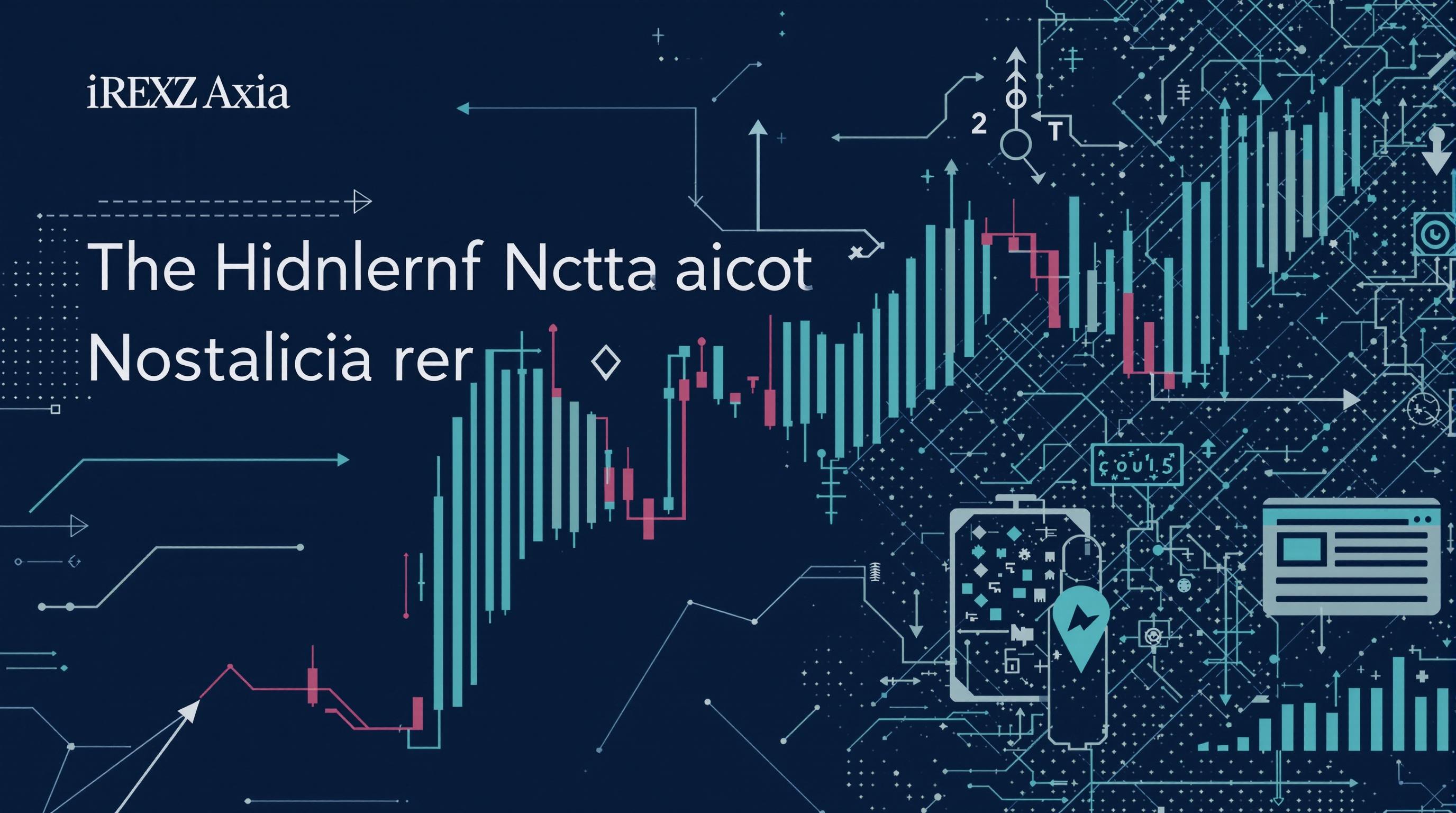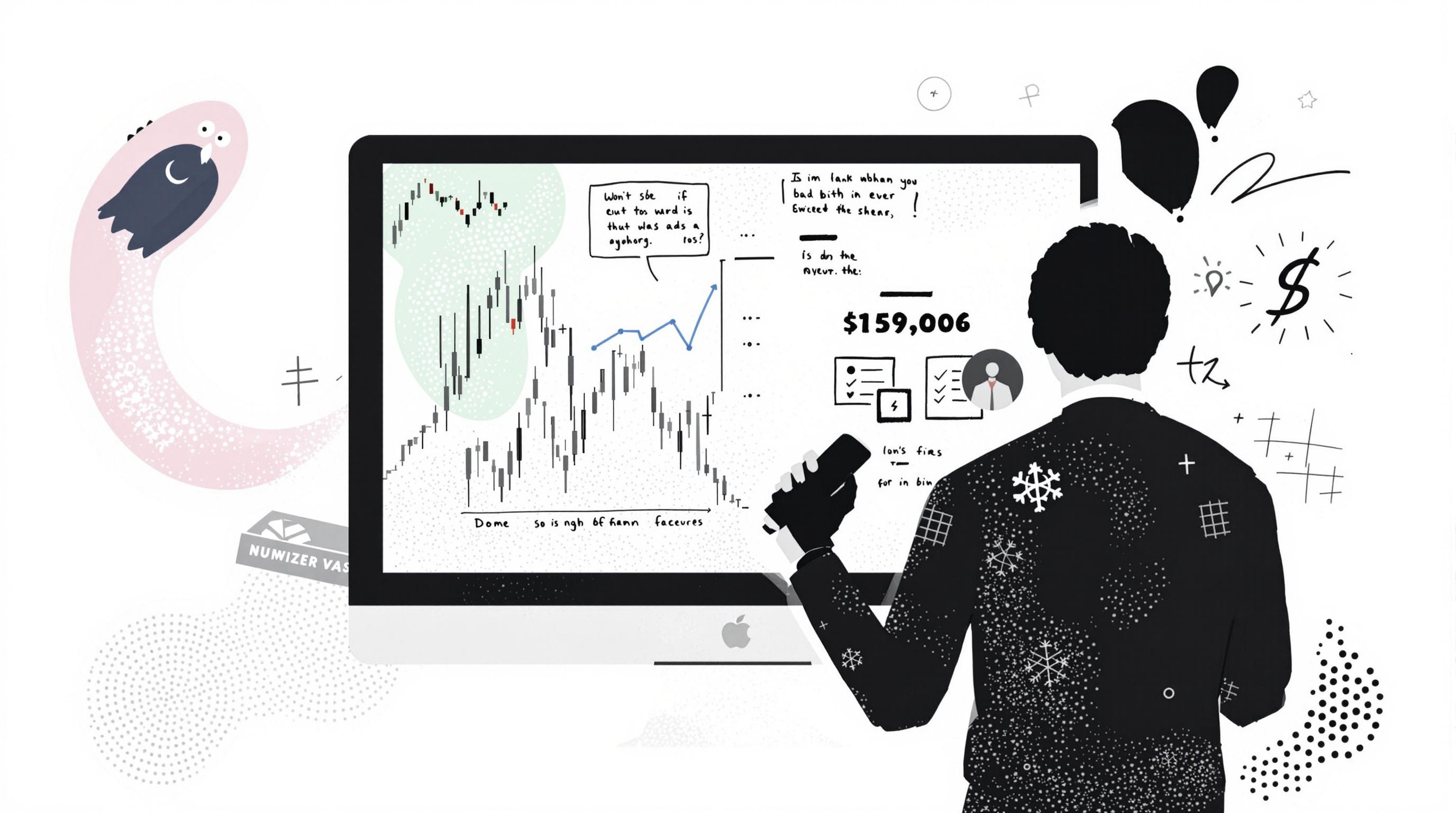Related Articles
- The Influence of Urban Legends: How Folklore Shapes Investor Behavior in Today's Financial Landscape
- The Role of Personal Narratives: How Your Story Shapes Investment Choices and Risk Tolerance
- The Ripple Effect: How Social Media Influencers Steer Investor Sentiment in Unexpected Ways
- Beneath the Surface: Investigating the Silent Influence of Underground Economies on Legitimate Market Trends
- Navigating the Bizarre: The Influence of Esotericism on Modern Investment Strategies and Market Speculation
- Rethinking Risk: The Surprising Link Between Urban Architecture and Financial Instability in Emerging Markets
The Hidden Influence of Nostalgia: How Past Experiences Shape Modern Investment Behaviors
The Hidden Influence of Nostalgia: How Past Experiences Shape Modern Investment Behaviors
Nostalgia powerfully influences our behaviors and decisions, including investments, often leading us to favor products and ventures that resonate with our past experiences. This article explores the psychological underpinnings of nostalgia, its effects on modern investment choices, and presents various case studies revealing its hidden influence.
The Psychology of Nostalgia
Nostalgia is more than a mere yearning for the past; it's a complex emotional experience that curates our perceptions of self and society. Dr. Constantine Sedikides, a researcher in the field of nostalgia, explains it as a "mixed emotion" that encompasses feelings of loss, warmth, and connection. This potent emotional cocktail can shape our investment behaviors by guiding us back to familiar terrains that feel safe and comforting.
The Generational Divide
This influence varies significantly across generational lines. Baby boomers, for instance, may gravitate toward investing in traditional, stable companies reflecting the economy when they were younger, such as **General Electric** or **IBM**. Contrastingly, millennials may show excitement for emerging tech companies, such as **Tesla** or **Zoom**, that remind them of a more innovative era. According to a survey by UBS, 47% of millennials stated they would invest in companies that resonate with their experiences as children, showcasing how nostalgia shapes perceptions of value and trust.
A Case Study: Vinyl Records and Investment Habits
Consider the revival of vinyl records. In 2020, vinyl sales experienced a staggering growth of 46%, surpassing CD sales for the first time since the 1980s (Nielsen Music). Many millennials and Gen Z consumers are turning to vinyl not just for the superior sound quality, but for the nostalgic experience it provides—an ominous connection to childhood memories and the tactile joy of flipping through record collections. This phenomenon encourages investors to consider nostalgia-driven markets as promising opportunities.
Nostalgia Marketing: Capitalizing on Sentiment
Investors are not blind to the thriving markets that nostalgia creates. Take **Nintendo**, for instance, which successfully leveraged nostalgia with its **NES Classic Edition**. Released in 2016, this mini console stirred a wave of fond memories, leading to its rapid sell-out and skyrocketing prices in the resale market. Companies that harness the strength of nostalgia often see returns on investments soar due to heightened emotional engagement and consumer affinity.
The Humorous Side of Nostalgia Investing
Imagine you're at a high school reunion; you pull out your old yearbook, and nostalgia hits like a ton of bricks. Suddenly, you’re debating whether to invest in that old friend’s beehive hair salon or that classmate who became a TikTok influencer. While many might laugh at the absurdity of such a thought, the underlying psychological forces are potent. Such quirky choices hinge on personal connections and nostalgic memories, driving us toward familiar faces and experiences.
The Interpersonal Connections at Play
Let's delve into how nostalgia fosters interpersonal connections that affect investment choices. A study from the **University of Southampton** found that individuals who experience nostalgia are more generous towards others. This might manifest in investment behavior, where friends and family recommend opportunities tied to nostalgic brands or ventures. Social validation is a powerful motivator, and nostalgia helps strengthen these bonds.
Your Portfolio and Emotional Investment
Unlike traditional investment strategies based purely on numbers and projections, the allure of nostalgia leads many to make more emotional decisions. It encourages investors to place their faith in companies and products that reflect their joyous memories. For instance, companies like **LEGO** have not only maintained their relevance but have thrived through nostalgia, launching product lines that appeal to people who grew up with the iconic bricks. A study conducted by **Nostalgia Marketing** found a 34% increase in customer loyalty when nostalgic branding was employed.
The Role of Social Media
In our digital age, the presence of social media magnifies nostalgia’s influence on investment decisions. Platforms like Instagram and TikTok are rife with influencers showcasing vintage fashion and retro products, further embedding nostalgia into consumer consciousness. People aged 16 to 24 are often influenced by these social media trends, driving them to invest in businesses that evoke beloved memories—think **Patagonia** or vintage clothing brands that align with their values of sustainability and nostalgia.
Empirical Evidence and Statistics
A robust study conducted by **The University of Illinois** demonstrated that participants with nostalgic feelings were more likely to invest in companies that evoke comforting memories. An impressive **67%** reported they would buy stock in brands reminiscent of their childhood if given the choice. This paints a clear picture of nostalgia's tangible impacts on economic behavior.
From Personal Experience to Investment Decisions
Each investment decision is intertwined with personal narratives. The thrill of opening a box full of LEGO or owning a vintage baseball card stirs emotions that influence choices in the stock market. As Warren Buffett often advises, "Invest in what you know." This wisdom suggests that personal experiences inform many investors' decisions, often leading them towards nostalgic brands they grew up with.
The Casual Investor's Playbook
Imagine this scenario: you've just returned from running errands, and as you unpack your groceries, you spot that colorful box of **Kraft Mac & Cheese**. Suddenly, memories of childhood dinners flood your mind, and you decide to buy shares in the company. This seemingly casual decision is far from random; it’s nostalgia at play, guiding our investment paths in unexpected ways.
What Lies Ahead: Navigating Future Investments
While nostalgia can laze gracefully in the corners of our investment portfolios, investors must balance emotional connections with rational assessments. It’s essential to conduct in-depth research and avoid the trap of investing solely based on warm feelings towards past experiences. The allure of nostalgia often overshadows the realities of market determinants, calling for caution among investors.
Balancing Nostalgia with Financial Logic
Wise investors keep nostalgia in check by ensuring that emotional investments don’t cloud their judgment. Diversifying portfolios by blending nostalgic stocks with emerging companies is one way to reap the benefits of both worlds. This careful consideration separates successful investors from those who fall victim to emotional bias.
Summing Up the Nostalgia Paradox
Nostalgia isn’t merely a spark that ignites fond memories; it plays a dual role—one that’s a guiding light but also a potential pitfall for investors. As you navigate through your investment journey, remember to balance past fondness with present realities, keeping a steady eyes on the horizon while honoring the experiences that shaped you.
As this article comes to a close, one final thought remains: nostalgia is a formidable force in the realm of investing. While it can evoke a sense of comfort and connection, knowing when to temper those feelings with logical assessments is the key to a prosperous investment strategy. So, the next time you're about to pull the trigger on a nostalgic investment, take a moment to step back and consider what’s guiding your decision—your heart or your head?




